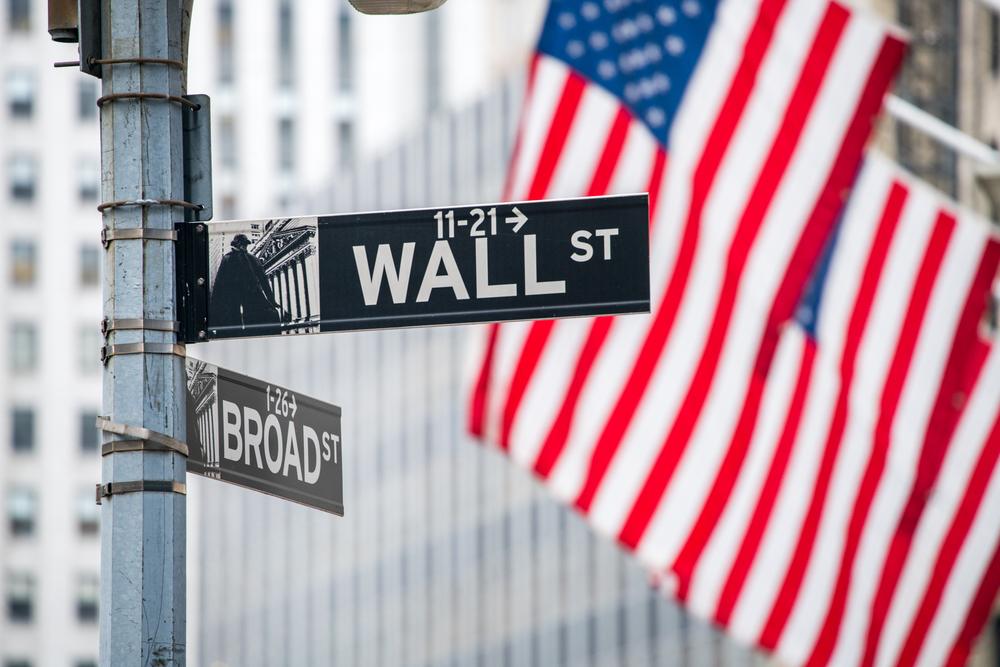U.S. stocks settled lower on Friday as robust producer price inflation data raised concerns that Federal Reserve may not consider lowering interest rate anytime soon.
The major averages all ended weak, with the downside of the tech-laden Nasdaq (NASDAQI:COMP) more pronounced. The Dow (DOWI:DJI), which briefly emerged into positive territory around mid afternoon, ended with a loss of 145.13 points or 0.37 percent at 38,627.99.
The S&P 500 (SPI:SP500) ended down 21.16 points or 0.48 percent at 5,005.57, while the Nasdaq settled at 15,775.65, losing 130.52 points or 0.82 percent.
Digital Realty (NYSE:DLR) tumbled more than 8 percent. Adobe Systems (NASDAQ:ADBE) dropped about 7.4 percent, while Airbnb, Moderna, Micron Technology, Nike and Equinix lost 2 to 4 percent.
Amgen, Advanced Micro Devices, Invesco, Netflix, Alphabet, Whirlpool, Oracle, Cisco Systems, Intel, Microchip Technology and Visa ended down 1 to 2 percent.
Dollar General rallied nearly 5 percent. Bio-Rad Laboratories, Eli Lily, Target, eBay, Kroger, Merck, Morgan Stanley, Walmart and Dollar Tree posted sharp to moderate gains.
Data from the Labor Department showed a bigger than expected increase in U.S. producer prices in the month of January.
The report said the producer price index for final demand rose by 0.3 percent in January after edging down by 0.1 percent in December. Economists had expected producer prices to inch up by 0.1 percent.
Excluding prices for food, energy, and trade services, core producer prices climbed by 0.6 percent in January after rising by 0.2 percent in December.
The report also showed the annual rate of producer price growth slowed to 0.9 percent in January from 1.0 percent in December. Economists had expected the pace of growth to decelerate to 0.6 percent.
Following the hotter-than expected consumer price inflation data released earlier in the week, the data added to concerns the Federal Reserve will postpone cutting interest rates longer than investors had hoped.
However, the negative sentiment was partly offset by a separate report from the University of Michigan showing an uptick in consumer sentiment in the month of February.
The report said the consumer sentiment index inched up to 79.6 in February after spiking to 79.0 in January. With the increase, the consumer sentiment index reached its highest level since hitting 81.2 in July 2021.
Other Markets
In overseas trading, stock markets across the Asia-Pacific region moved mostly higher during trading on Friday. Japan’s Nikkei 225 Index advanced by 0.9 percent, while Hong Kong’s Hang Seng Index surged by 2.5 percent.
European stocks closed higher on Friday, extending recent gains, with investors cheering UK retail sales data and some encouraging corporate earnings updates.
The pan European Stoxx 600 climbed 0.62 percent. The U.K.’s FTSE 100 surged 1.5 percent, Germany’s DAX and France’s CAC 40 gained 0.42 percent and 0.32 percent, respectively.
In the bond market, treasuries pulled back sharply after moving higher over the two previous sessions. As a result, the yield on the benchmark ten-year note, which moves opposite of its price, climbed up 10.8 basis points at 4.299 percent this morning.
Source: RTTNEWS
